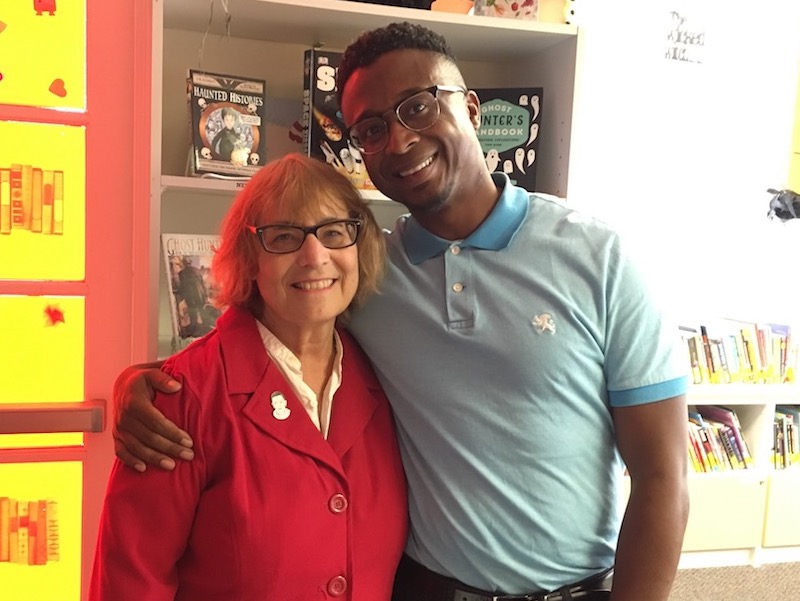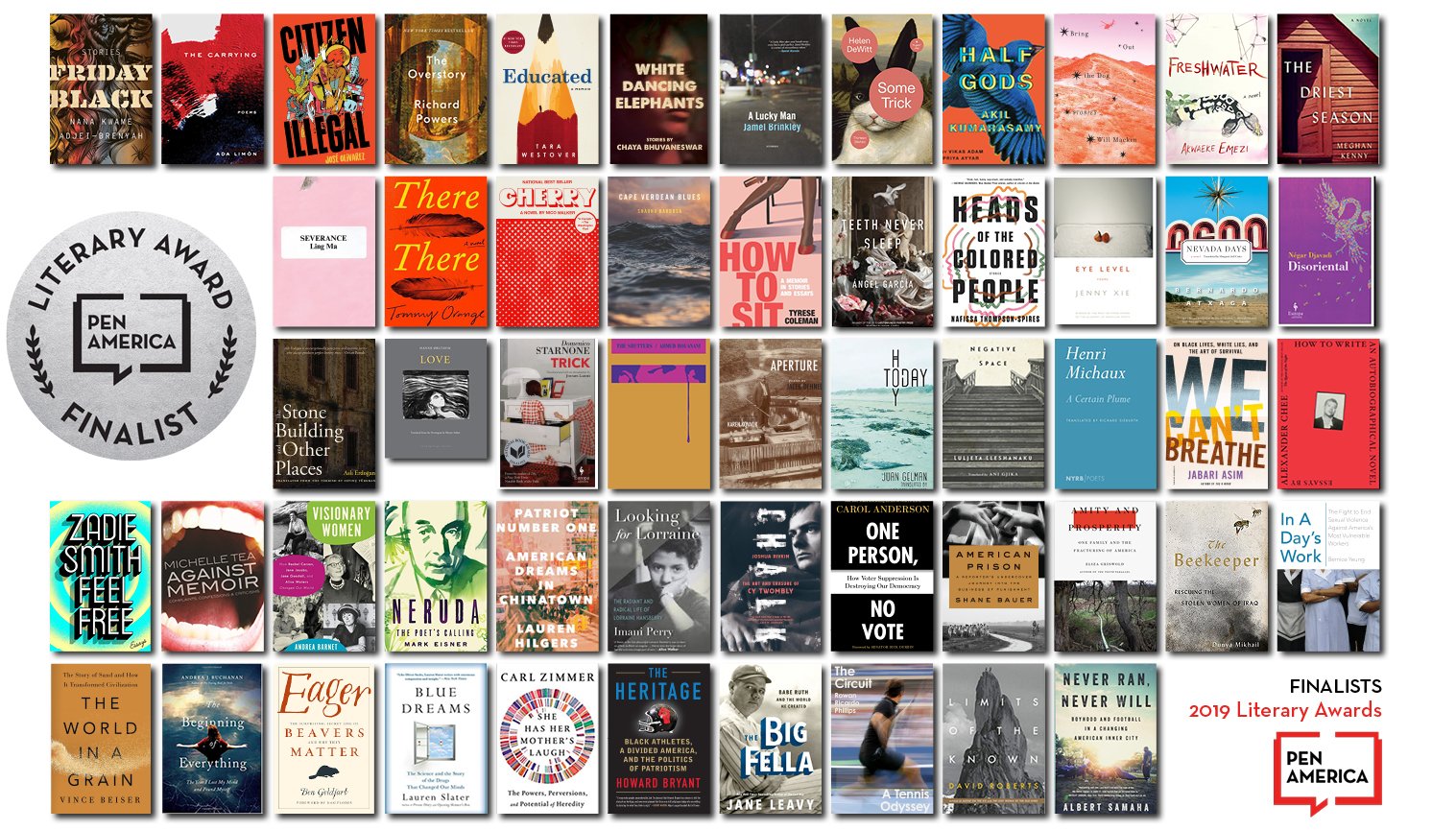Deadline Approaches for Veterans Writing Award
Submissions are open for a new writing contest for U.S. veterans and their families. The inaugural Veterans Writing Award, which is sponsored by the Institute for Veterans and Military Families and Syracuse University Press, will be given for a debut novel or short story collection.
The contest, which will award the winning entrant a $1,000 cash prize and a publication contract with Syracuse University Press, is open to U.S. veterans and active duty personnel and their immediate family members. Manuscripts do not need to directly depict military experience; the judges are interested in “original voices and fresh perspectives that will expand and challenge readers’ understanding of the lives of veterans and their families.” Women veteran writers and veterans of color are encouraged to submit.
The deadline for the award is February 15. Submit a fiction manuscript of up to 90,000 words with a cover letter that details the branch of service of the entrant or their family member. There is no entry fee for submissions, which can be e-mailed to vwasubmissions@syr.edu or mailed to Syracuse University Press, 621 Skytop Road, Suite 110, Syracuse, NY 13244. Visit the website for complete guidelines.
The Veterans Writing Award Advisory Board will select the finalists, and award-winning novelist, short story writer, Vietnam veteran, and former Syracuse University faculty member Tobias Wolff will choose the winner. The winning entry will be announced in September of 2019.






 C is at least a full head taller than I am. His cropped blond hair looks even more yellow under the fluorescent lights of the library. I’ve mispronounced the word “thaumaturgic” while reading the class our example poem “canvas and mirror” by Evie Shockley. As soon as the word incorrectly leaves my mouth, C nearly yells to correct me and pronounce the word correctly. I thank him and keep it moving, trying not to smile and steal peeks at C following diligently along as we continue through the poem.
C is at least a full head taller than I am. His cropped blond hair looks even more yellow under the fluorescent lights of the library. I’ve mispronounced the word “thaumaturgic” while reading the class our example poem “canvas and mirror” by Evie Shockley. As soon as the word incorrectly leaves my mouth, C nearly yells to correct me and pronounce the word correctly. I thank him and keep it moving, trying not to smile and steal peeks at C following diligently along as we continue through the poem. Every week, in both of the sessions he attends, C tries my assignments and writes. He usually writes very short poems, so in the second session on Halloween, I challenged C to write a poem that filled a full page in his small notebook, which has the character Dory from Finding Nemo on its cover. C gladly accepted my challenge and began scribbling. I watched him as I walked around the room to help other students with the assignment. All of the focus in his body was applied to this assignment. He never looked up from his journal. I had never seen him write for this long without talking to me or other students.
Every week, in both of the sessions he attends, C tries my assignments and writes. He usually writes very short poems, so in the second session on Halloween, I challenged C to write a poem that filled a full page in his small notebook, which has the character Dory from Finding Nemo on its cover. C gladly accepted my challenge and began scribbling. I watched him as I walked around the room to help other students with the assignment. All of the focus in his body was applied to this assignment. He never looked up from his journal. I had never seen him write for this long without talking to me or other students.